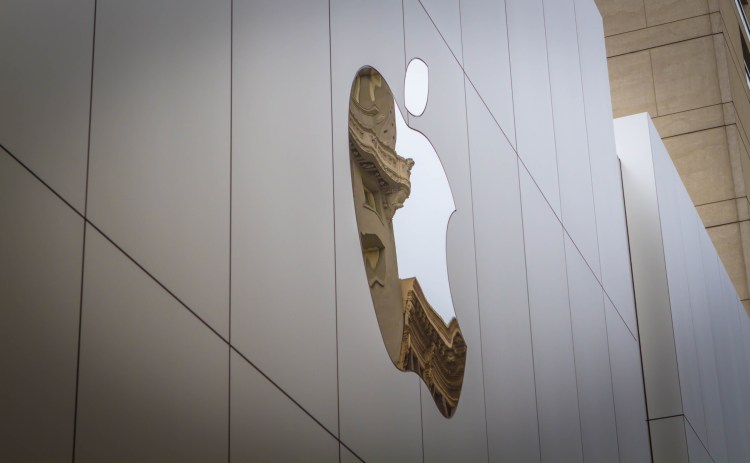Here’s the good news: The famous “Apple Tax” is dropping to 15% after one year, and developers can finally offer subscriptions.
Here’s the bad news for app developers: Apple still owns your billing relationships, which means it owns your customer relationships.
We’ve been here before. Here’s an Apple press release from February 15, 2011 called “Apple Launches Subscriptions on the App Store.” That effort was aimed at traditional publishers like magazines and newspapers. The problem is, most of them hated it, for two primary reasons: money and data.
Here’s what the Financial Times told CJR a couple of years ago:
“The challenge was Apple’s terms and conditions, which had two problems. The first is the Apple tax, they wanted to take 30 percent of every transaction around our subscriptions, every acquisition and renewal. And it doesn’t make a whole lot of sense to pay 30 percent to somebody else’s billing platform when you’ve already built your own at great expense, so that was a headache. The second big thing, which in many ways is more important, is Apple wanted to intermediate in our relationship with our customers…
If, for example, you wanted to manage your churn rate effectively, you need to be able to talk to your customers; you have to have that direct channel if you want to upsell, if you want to market other products, etc. If you want to bring your customers back to the site on a more regular basis, you need to have that relationship…When you add it all together, we knew that around 60 percent of the value of a subscription to us would disappear if we went through the Apple channel.”
Today Apple is offering the same deal to the rest of the app community that it offered the publishing industry five years ago. There will be more money involved for the app community, but make no mistake, Apple is hanging on to the real treasure. Developers get access to some broad segmenting tools, but they don’t have real visibility into their customer base.
Look, I like my Apple products. Apple’s an amazing company generating daily profits of around $200 million. But right now almost 70 percent of Apple’s revenue is built on iPhone margins. When those margins stall out, so does Apple.
There are inherent supply chain constraints and market limits in selling expensive physical goods. Apple seems to be hitting those limits. It will make less money this year than it did last year. Hence, its emphasis on subscription services revenue.
As Apple CFO Luca Maestri took pains to note in a non-GAAP supplement in the company’s January earnings report, Apple users bought more than $31 billion worth of apps, games, music, and cloud services last year, or roughly 13 percent of Apple’s total annual revenues of $234 billion.
Why did he do that? Because Apple understands that value is shifting from products to services, which are the proxy for subscriptions. Today’s economy isn’t just about just shifting units anymore. It’s about growing and monetizing a dedicated customer base. The old single-purchase app model was a lot like selling CDs in the age of Spotify.
Bernstein analyst Toni Sacconaghi says that Apple could turn into a trillion-dollar business just by switching to a recurring revenue model where its users pay for “Apple-as-a-Service.” Personally, I’d be happy to pay an annual fee for a cloud bundle and a new device every year.
Apple understands that today we’re living in a subscription economy, which is why it’s offering up its recurring billing engine to developers. As the company notes on its web site: “Users enjoy the reliability that comes with subscribing to a service that they love, and the experience must provide ongoing value worth the recurring payment for an auto-renewable subscription to make sense.”
That’s all fine and well. But, Apple, do you really want to make your app developers happy? Let them know who their customers are.
Tien Tzuo is co-founder and CEO of Zuora.
VentureBeat's mission is to be a digital town square for technical decision-makers to gain knowledge about transformative enterprise technology and transact. Learn More

